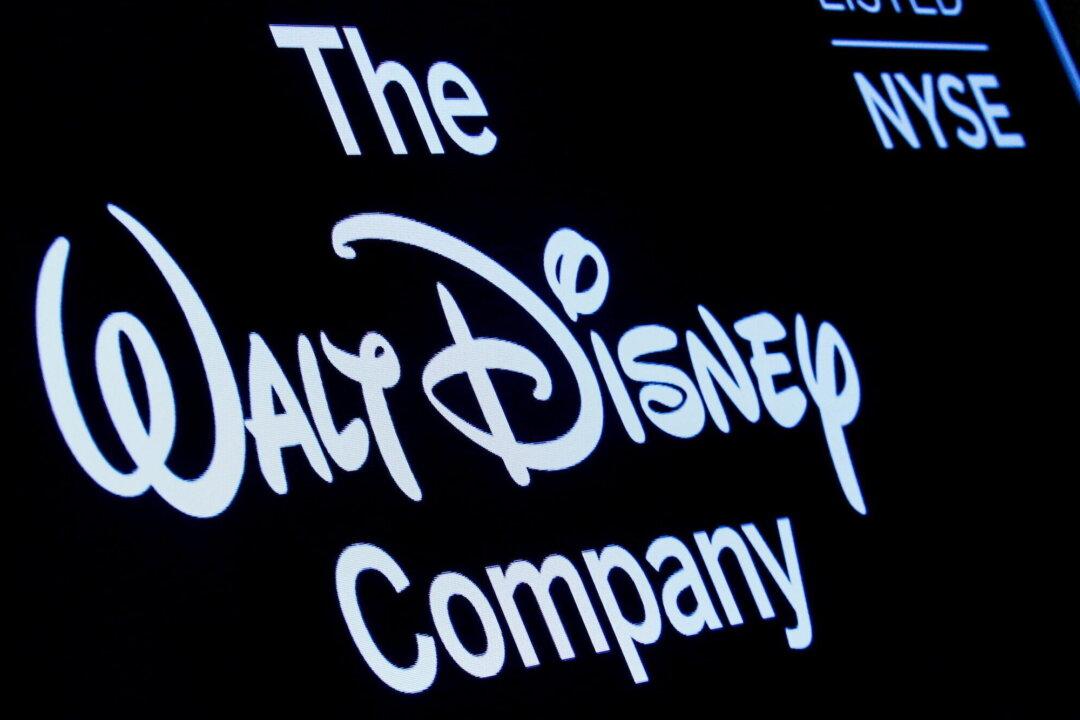The Walt Disney Company announced on Monday that it would stop releasing new films in Russia in response to President Vladimir Putin’s invasion of Ukraine.
“Given the unprovoked invasion of Ukraine and the tragic humanitarian crisis, we are pausing the release of theatrical films in Russia, including the upcoming Turning Red from Pixar,” a spokesperson for Disney said.





